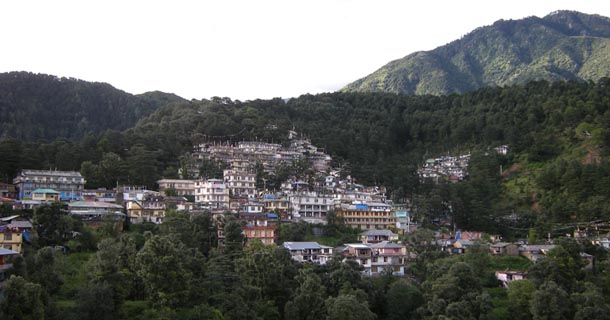Tibetans in Dharamshala have been given clarity over the long-running threat of eviction of people who have settled in some areas of forestland and it is good news for those who are deemed to be “bonafide settlers”.
In 2012, the Himachal Pradesh Court at Shimla ordered the eviction of Tibetans in Dharamshala, accusing them of encroachment onto forestlands. On November 21, 2013, the National Green Tribunal also ordered the state government to probe charges against the Tibetan families in relation to this alleged encroachment.
However, in an about turn, the government has decided not to evict the bonafide Tibetan settlers. Bonafide settlers are defined as those who were allowed to build houses by the state government under a rehabilitation policy dating back to the 1960-70s, which was prior to the enactment of Forest Conservation Act.
The State Government and the Forest Department will jointly identify the bonafide settlers and the deliberate encroachers. Only the deliberate encroachers will be evicted. In cases where the court requires lands occupied by bonafide Tibetan settlers to be vacated, the State Government will relocate them by providing fresh land of equal or larger size.
For the unauthorised occupation of non-forest lands by individual Tibetans, people will need to sign a 20-year lease agreement with an authorised representative of the Central Tibetan Relief Committee – the Tibetan Government-in-Exile committee through which the government of India addresses Tibetan rehabilitation issues. The lease agreement has to be signed by the local magistrate on behalf of the State Government. The lease agreement will be renewed periodically.
The recent report also stated that the 20-year lease agreement will continue unless it is cancelled by an official order, or the rehabilitation facilities provided to Tibetans are withdrawn.





 Print
Print Email
Email